Chapter 6: Spinal Procedures Dissectors, Elevators, Curettes Impactors, Rongeurs, Drill Bits, Drill Guides Alternative Names: Adson with teeth, Bunny forceps, pickups with teeth, skin forceps, skin pickups Category: General Purposes: Used for grasping and holding superficial tissues, especially during closing superficial wounds. Allows precise grabbing of skin edges for improved tissue approximation with minimal tissue injury. Sharp teeth can penetrate fragile tissue, surgical materials (shunt valves, catheters), and gloves. Varieties: The number of teeth, 1×2 or 2×3. No variety in length. Alternative Names: Clamp with teeth, tissue clamp Category: General Purposes: Used in securing, lifting, or holding masses or tissue destined for resection, e.g., spinal lipoma, large intracranial meningioma, or fat for fat graft. The interlocking teeth reduce tissue injury. Can also be used for securing cords, cables, and suction tubing to the surgical drapes. Varieties: The number of teeth, 4×5, 5×6, or 9×10. May be curved or straight and comes in a variety of lengths. Alternative Names: Pin screwdriver, screwdriver Category: General Purposes: Allows placement and removal of Caspar pins. Screwdriver end is hollow for placement of Caspar pin into screw guard. Varieties: Wood or plastic handle. Alternative Names: Clamp, Crile clamp, Lahey clamp, Halstead clamp, Adson clamp, Mixter clamp, obtuse clamp, snap, hemostat Category: General Purposes: Clamping or occluding vessels or delicate tissue. Used also to dissect tissue planes. Used commonly to grasp and occlude vessels. May be used to pass a suture tie around occluded vessels. Also can be used to secure items to the surgical drape. Varieties: Straight, curved, and angled. Variable lengths of handles. Alternative Names: Mallet, hammer Category: General Purposes: Used for application of force, usually on another instrument, e.g., osteotome, bone graft impactor, chisel, etc. Varieties: Variable weights. Variable material of mallet and handle. Alternative Names: Patty, strip, called out by the measurement of the patty (e.g., half by half), cotton strip or patty Category: General Purposes: Multipurpose cotton patties, more commonly used in hemostasis maneuvers involving Gelfoam, Surgicel, or other hemostatic agents. The patty is placed over the agent and the suction draws either blood or fluid, facilitating coagulation. Can be used to apply bone wax atraumatically. Also used as either a wick to draw fluid away or as a protection barrier over vital structures. Many other uses exist. Has a radiopaque strip down the middle. Varieties: Square and rectangular shapes. Multiple sizes. Alternative Names: Ray-tec, sponge, 4×4 Category: General Purposes: Cotton sheets serving a multitude of purposes, e.g., cleaning, hemostasis, wicking, holding tissue, placement under skin flaps, etc. Filament in sponge allows X-ray detection. Alternative Name: Rarely referred to by their name based on their size Category: General Purposes: Triangular-shaped needle tip that cuts through tissue as it is placed through tissue. Varieties: Straight or curved. Various sizes and diameters of the needle. Various types of suture attached. Alternative Names: Sponge stick, ringed forceps, Fletcher sponge stick Category: General Purposes: Large forceps good for grasping and holding tissues. Most commonly used with a 4×4 mounted and used for surgical prepping, blunt dissection, and improving visualization by soaking up blood in large wounds. Varieties: Straight or curved. Variable lengths of arms. Smooth or serrated jaws. Alternative Name: Poppen suction Category: General Purposes: Used for suction of fluids in confined spaces. Thumb hole allows on-and-off style of suction. Also used as a retractor, protection device, and blunt dissection tool when removing tumor or brain parenchyma. Varieties: Straight or angled. Various diameters of tips. Alternative Names: Asepto, Asepto syringe, bulb syringe, water, big irrigation, flush Category: General Purposes: Refillable bulb syringes used for directed irrigation of the surgical site. Varieties: Multiple sizes and shapes of syringes. Alternative Names: Bovie, electric knife, cutter, pen knife, cauterizer Category: General Purposes: Allows cauterization using high-frequency electrical current through a single electrode that serves as the knife end. The patient’s body serves as a ground. Two settings are usually present, one for cutting and the other for cauterization. Varieties: Universal design. Multiple types of tips, e.g., ring, pinpoint, insulated, etc. Alternative Name: Peanut Category: General Purposes: Small rolled-up gauze usually held by a Kelly, Crile, or mosquito clamp and used to dissect tissue bluntly or to clear area for improved visualization. Often used to clean tissue off bone, e.g., prevertebral tissue in ACDFs, lamina for screw placement, etc. Varieties: Single or multi-packs. Alternative Name: Skin knife Category: General Purposes: Large knife blade often used to make skin incisions. Varieties: None. Various handle types. Alternative Name: Tonsil suction tip Category: General Purposes: Large-bore suction useful in large surgical exposures. Tip designed to minimize surrounding tissue damage when suctioning. Varieties: Straight or angled. Protected or non-protected tip. Metal or plastic. Reusable or disposable. Alternative Name: None Category: Dilators Purposes: Progressive dilators used in minimally invasive spine cases that allow the use of a tubular retraction system. Each dilator is placed over the other and is radiopaque to allow visualization with fluoroscopy. Varieties: Variable diameter of dilators. Alternative Names: Tissue retractor, large tissue retractor Category: Retractors Purposes: Retraction of surface tissue to allow for improved visualization of the surrounding areas in large wound incisions. Alternative Names: Distraction pin retractor, pin retractor Category: Retractors Purposes: Adjustable and self-retaining retraction system for Caspar pins when performing anterior cervical discectomies. Varieties: Left- or right-handedness. Alternative Names: Hand-held retractor, Cloward retractor Category: Retractors Purposes: Used for retraction of surface tissue to allow for improved visualization of the surrounding areas. Often used in anterior cervical spine cases. Varieties: With and without a lip on the end of the blade. Alternative Names: Taylor retractor, laminectomy nerve retractor, tissue retractor, large tissue retractor Category: Retractors Purposes: Retraction of skin and surface tissue allowing for improved visualization of the surrounding areas. Hook at bottom allows stabilization of retraction against a hard surface, e.g., bone. Varieties: Lengths of instruments. Small or large blades. Alternative Names: D’Errico, Taylor retractor, laminectomy retractor, tissue retractor, large tissue retractor, nerve root retractor, straight Love retractor, straight Scoville retractor Category: Retractors Purposes: Smooth-surfaced, lipped, and crescent-shaped end used for retraction of vital tissue, normally dura or nerve roots during spinal surgery. Varieties: Straight or angled shaft. Variable blade widths. Alternative Names: Angled Gelpi, short Gelpi Category: Retractors Purposes: Used for retraction of surface tissue to allow for improved visualization of the surrounding area. Sharp ends provide point retraction of wound. Used throughout neurosurgical procedures for superficial and deep tissue retraction. Varieties: Curved and angled ends. Various lengths. Locking and not. Alternative Names: Angled Gelpi, short Gelpi Category: Retractors Purposes: Used for retraction of surface tissue to allow for improved visualization of the surrounding area. Sharp ends provide point retraction of wound. Used throughout neurosurgical procedures for superficial and deep tissue retraction. Varieties: Curved and angled ends. Various lengths. Locking and not. Alternative Names: Mayo-Adams retractor, cervical retractor Category: Retractors Purposes: Used for retraction of skin and soft tissues to allow for improved visualization. Used most commonly in cervical spine exposures, but can be used in any small exposure. Varieties: Sharp or blunt blades. Various lengths, widths, and number of teeth on the blades. Alternative Names: US, Army, US Army, or Navy retractor Category: Retractors Purposes: Maintaining retraction in small wounds. Alternatively, these retractors can be used to push tissue out of the way as well. Good for anterior fat harvest, initial parts of MIS (posterior and lateral) cases, and functional implant cases. Alternative Names: Love retractor, angled Scoville retractor, D’Errico (incorrect), Taylor retractor, laminectomy nerve retractor, nerve root retractor Category: Retractors Purposes: Smooth-surfaced, lipped, and crescent-shaped end used for retraction of vital tissue, normally dura or nerve roots during spinal surgery. Varieties: Straight or angled shaft. Variable blade widths. Plastic, metal, or wood handles. Alternative Name: MIS retractor Category: Retractors Purposes: Most commonly used for minimally invasive spine procedures; however, there are some uses in the brain for retractors with smaller diameters. The tube is connected to a stabilizing arm. Some systems have light systems that can be attached. Also, some systems have tubes that can open up further, increasing the exposure. Varieties: Multiple diameters and lengths. Adjustable and non-adjustable ends. Lighted and non-lighted. Alternative Names: D’Errico-Adson, Mollison, cerebellar, curved cerebellar Category: Retractors Purposes: Self-retaining retraction of skin and soft tissue. One of the most common retractors used in neurosurgery. Varieties: Sharp or blunt teeth. Single or multi-toothed jaws. Alternative Names: Meyerding retractor (incorrect), hemilam retractor, laminectomy retractor Category: Retractors Purposes: Deep self-retaining retractor for use when a unilateral lamina is being removed. Varieties: Right or left orientation (side of the blade).
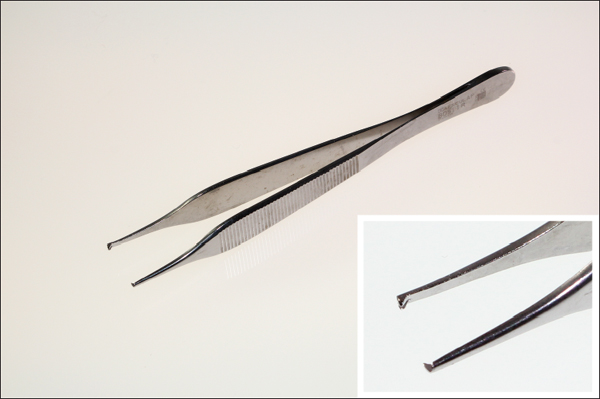
Adson Forceps
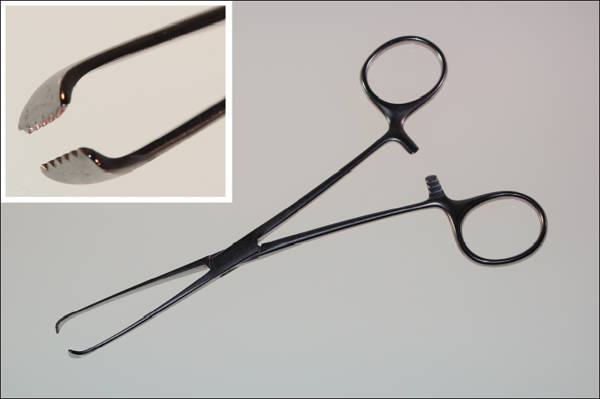
Allis Clamp
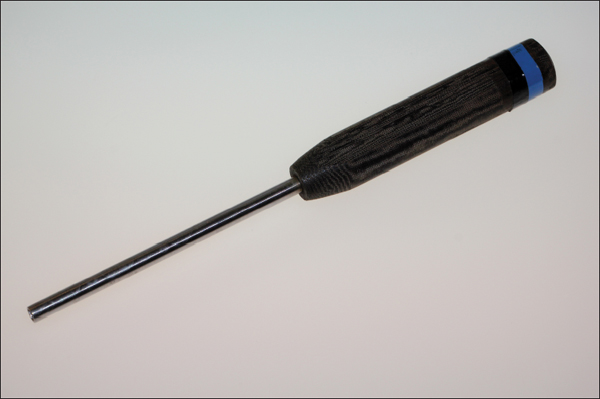
Caspar Screwdriver
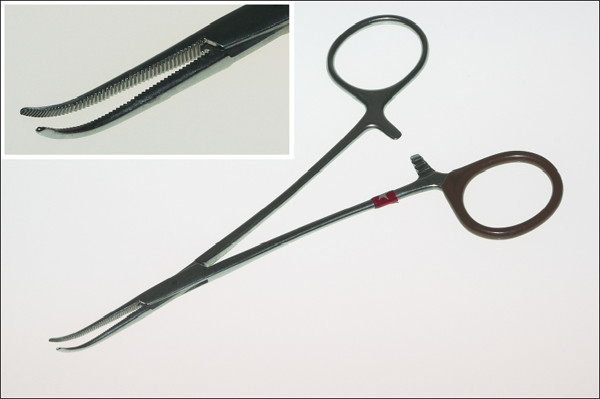
Classic Clamp
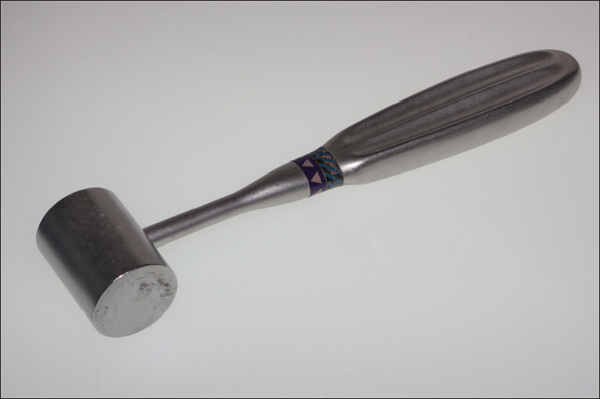
Cottle Mallet
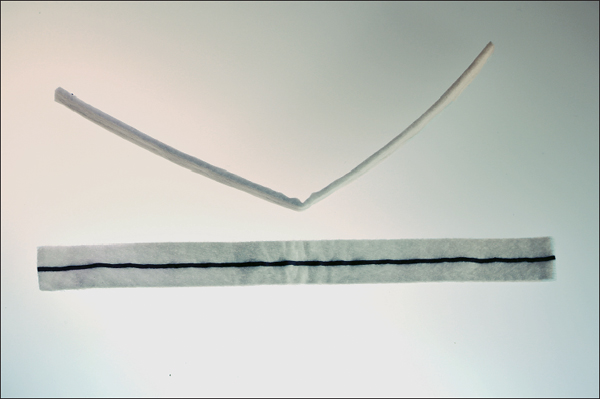
Cotton Patty
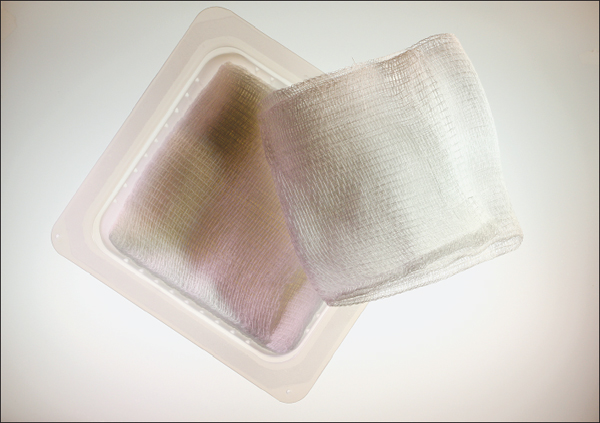
Cotton Sponge
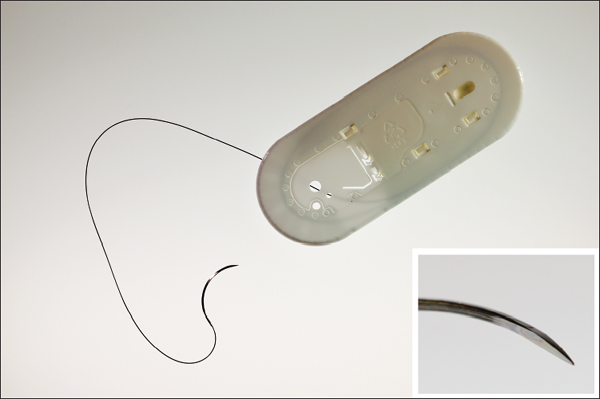
Cutting Suture Needle
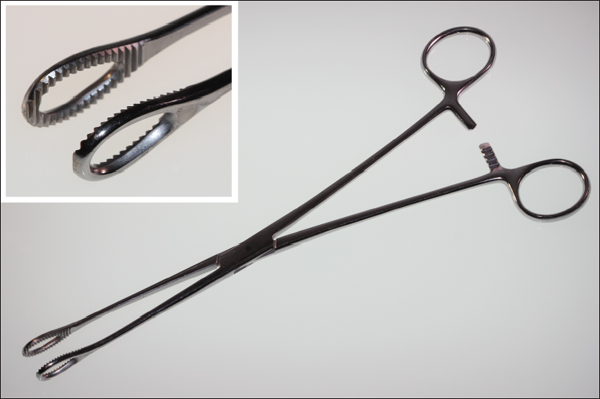
Foerster Sponge Stick
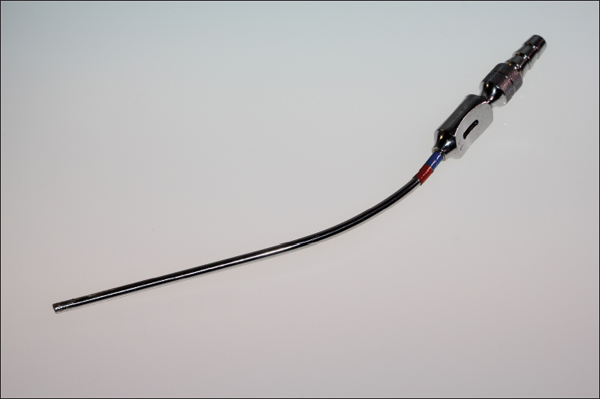
Frazier Suction
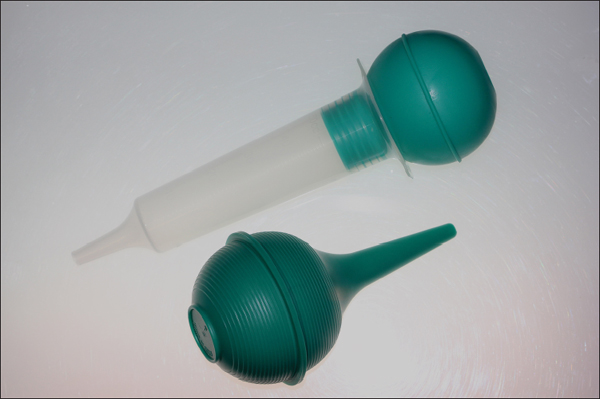
Irrigator
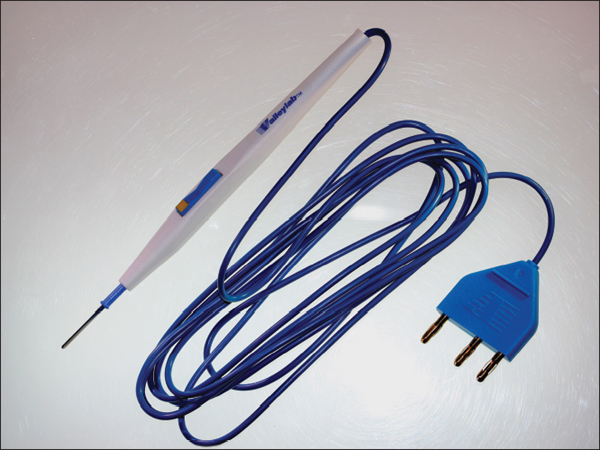
Monopolar
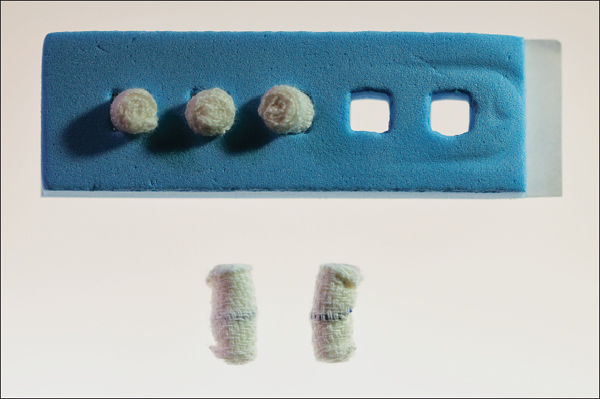
Kittner
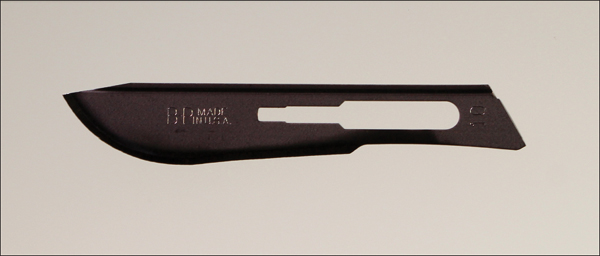
10 Blade
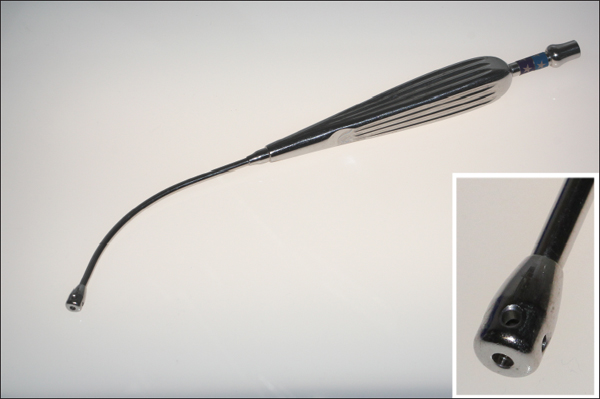
Yankauer Suction
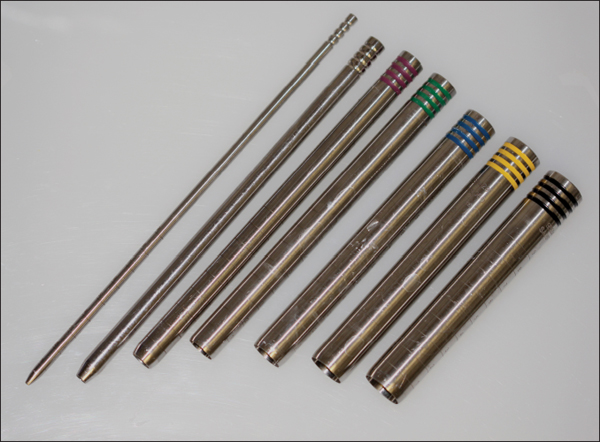
MIS Tubular Retractor Dilators
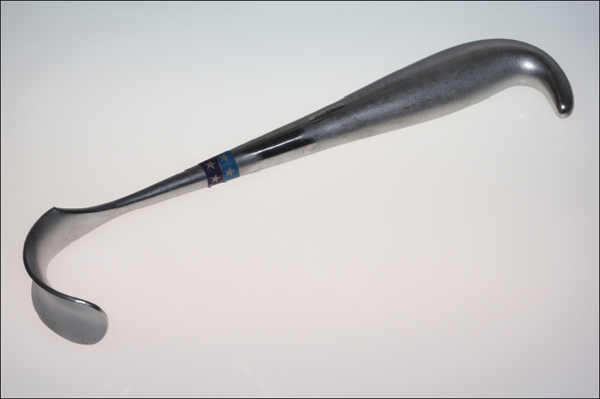
Brewster Retractor
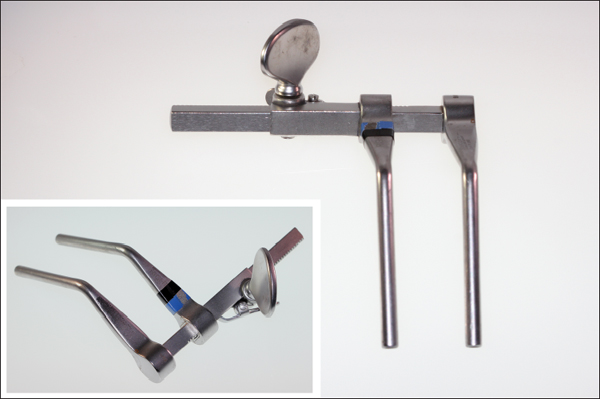
Caspar Retractor

Cloward Hand-Held Retractor
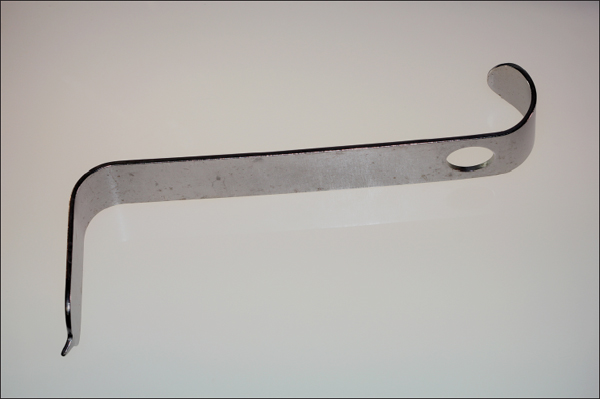
Collis-Taylor Retractor
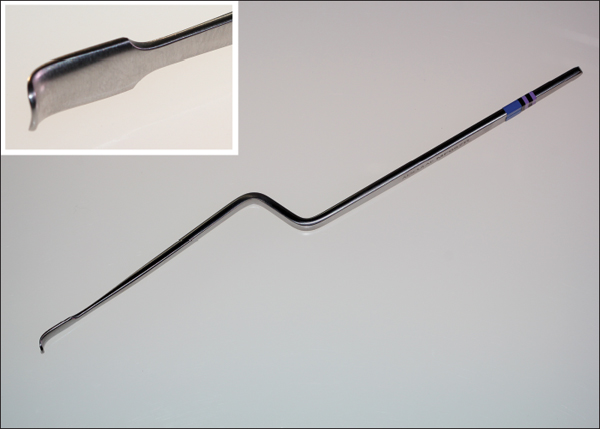
D’Errico Nerve Retractor
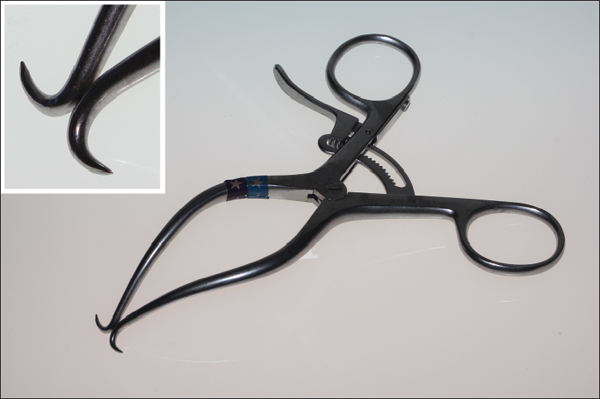
Gelpi Retractor
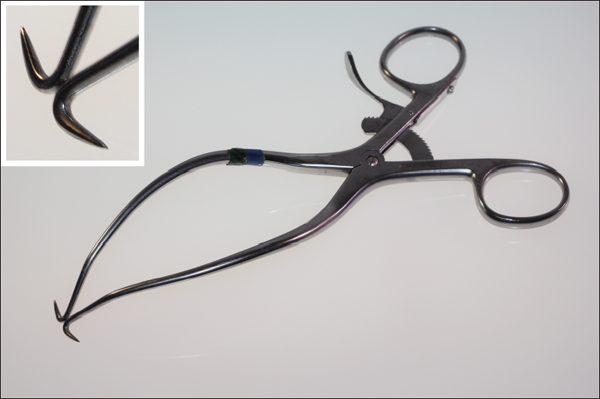
Gelpi Long Retractor
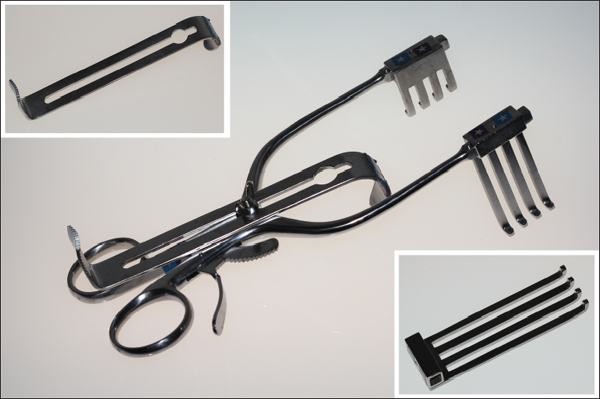
Henly Retractor
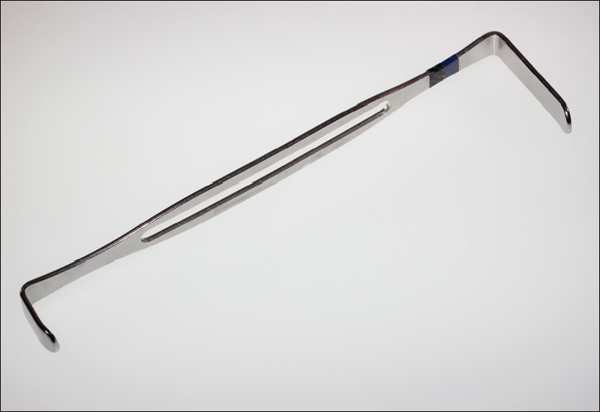
Army-Navy Retractor
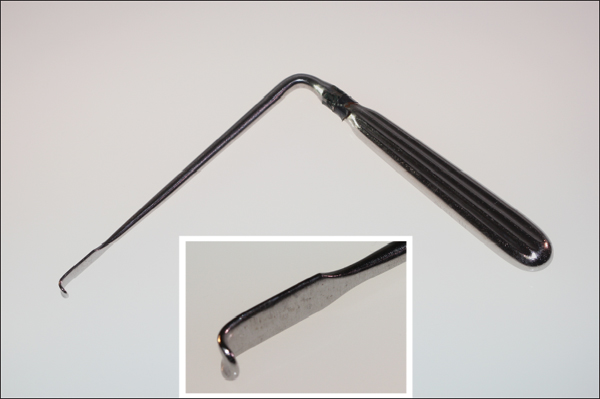
Love Nerve Root Retractor
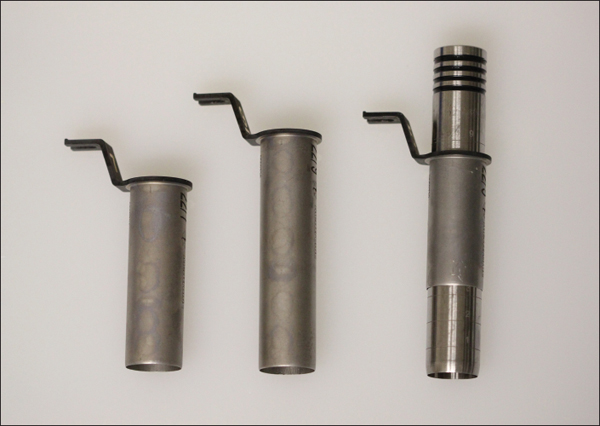
MIS Tubular Retractors
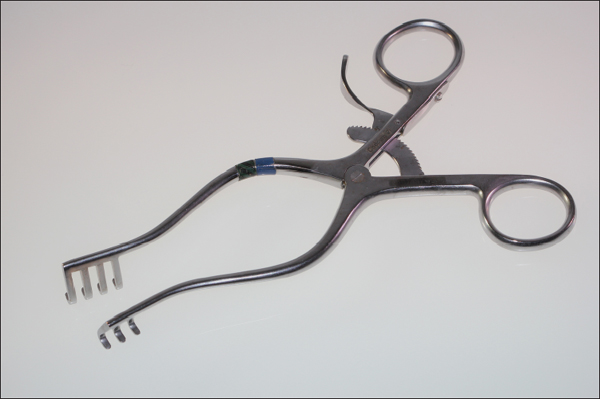
Weitlaner Retractor
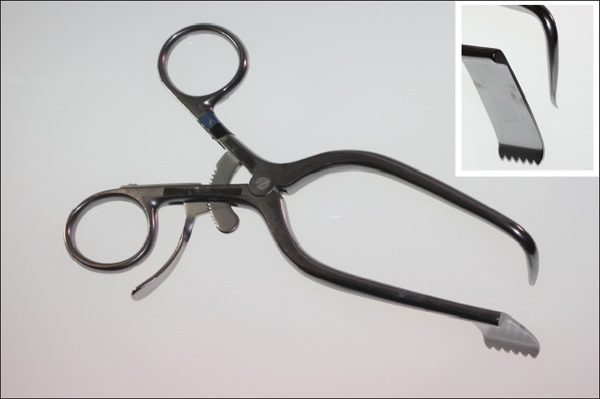
Williams Discectomy Retractor
< div class='tao-gold-member'>
Spinal Procedures
Only gold members can continue reading. Log In or Register to continue

Full access? Get Clinical Tree








